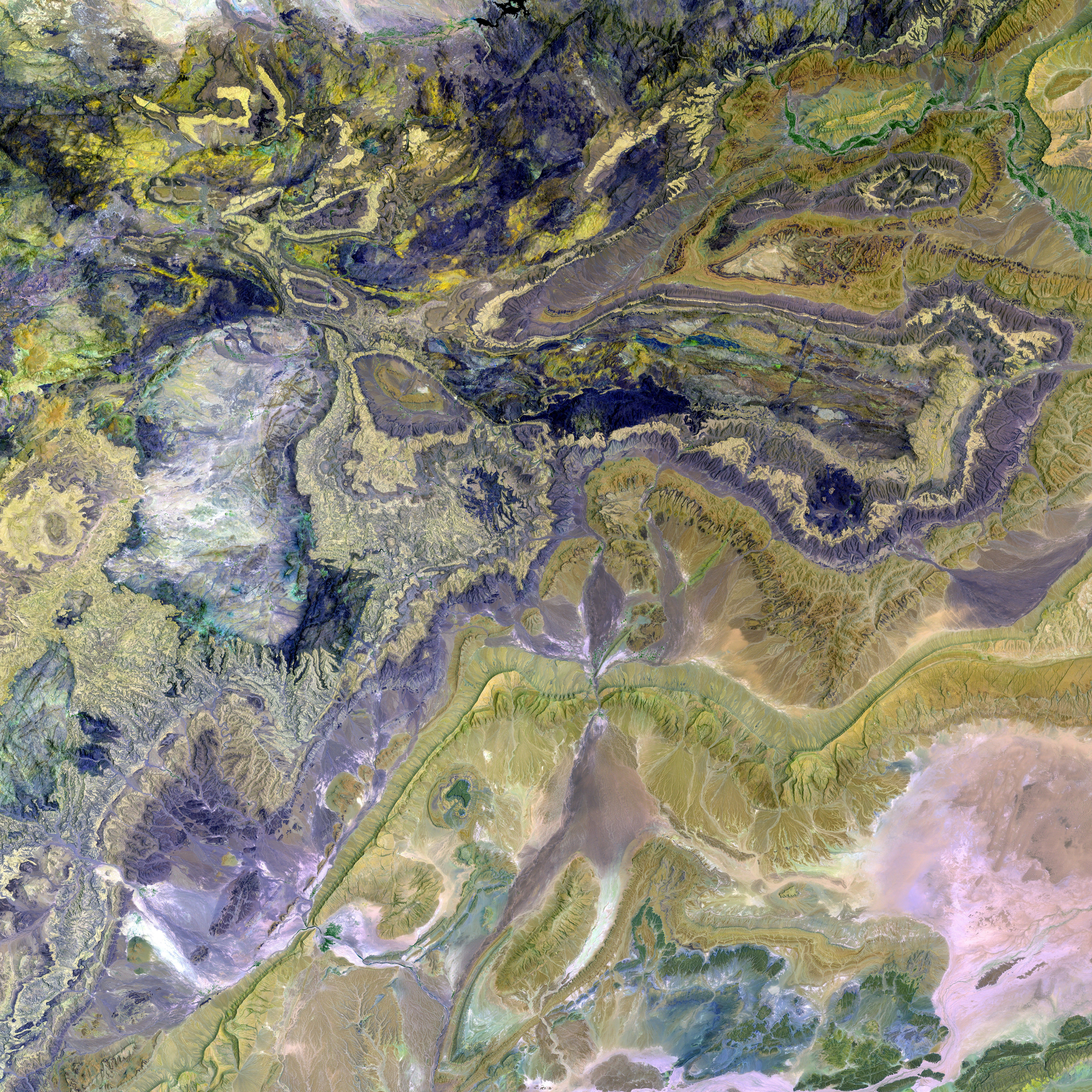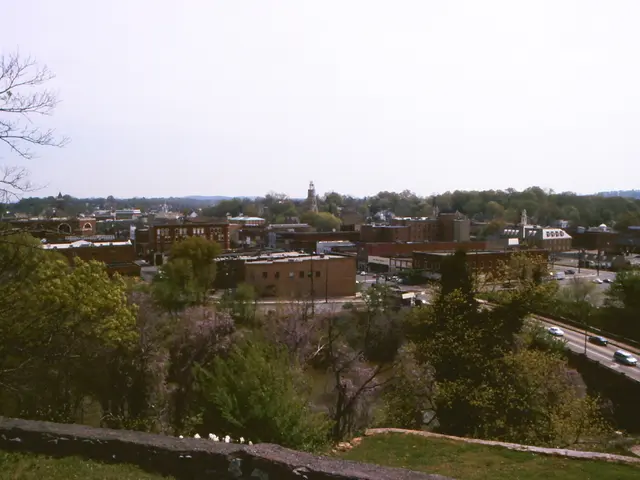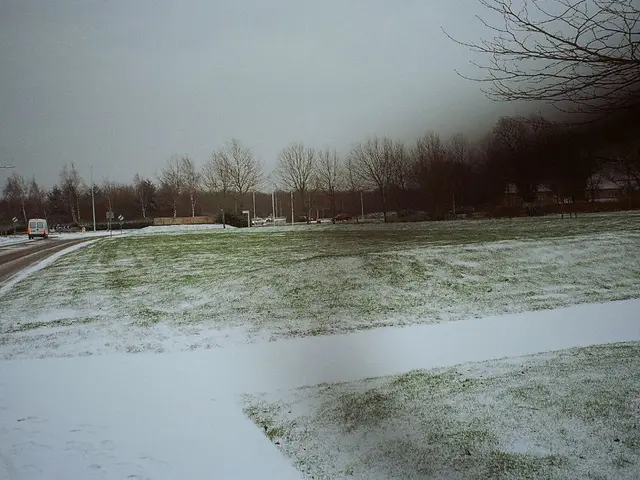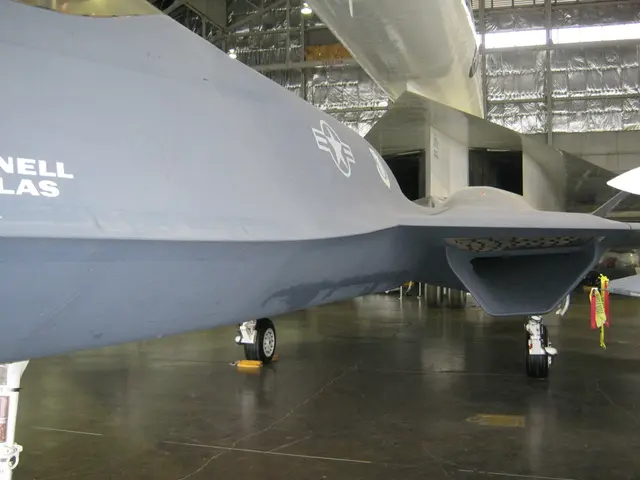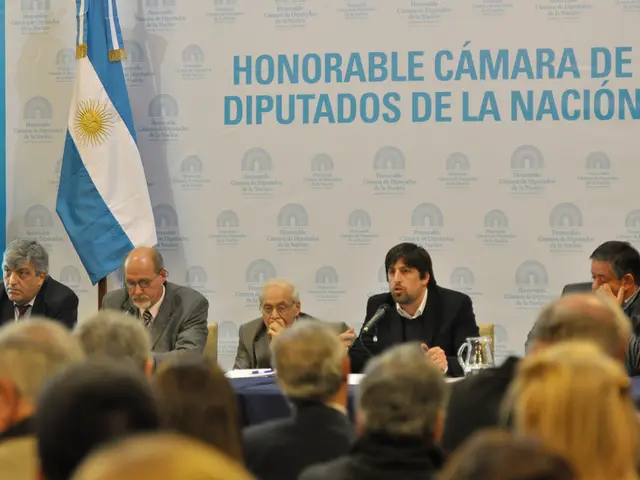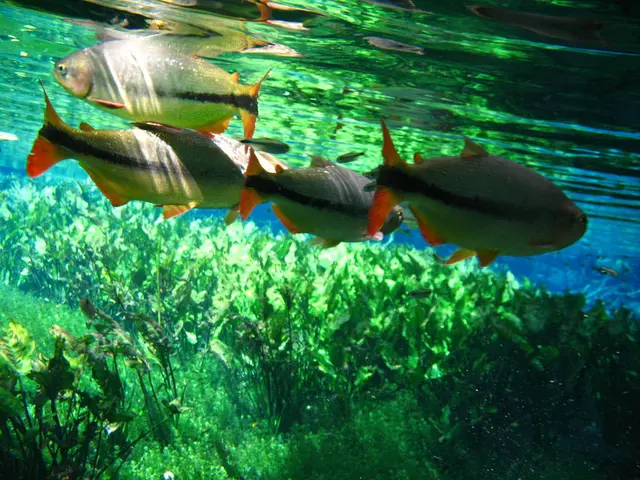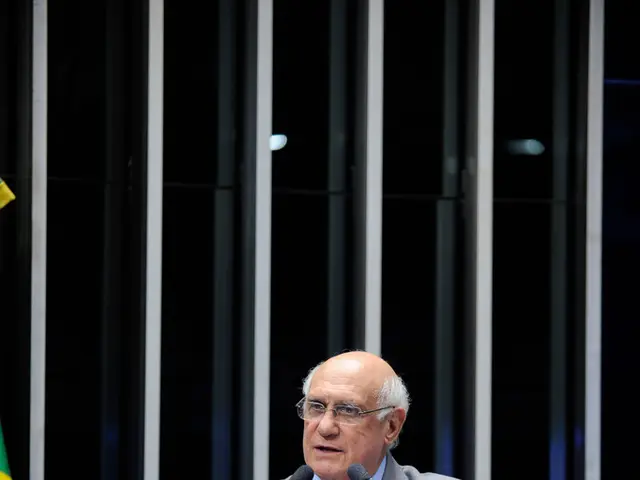Russia's President, Putin, acknowledges the deficiency in potato supply within the country.
Russia Faces Potato Shortage as Putin Addresses Supply Issues
Russian President Vladimir Putin confirmed a growing potato shortage in the country on Tuesday during a state TV broadcast. Putin acknowledged the issue after meeting with representatives of various economic sectors, including agriculture. He revealed that representatives shared concerns about the lack of available potatoes.
Neighboring Belarus is also experiencing a shortage of the tuber, with Belarusian President Alexander Lukashenko admitting that they have already sold all their potatoes to Russia.Despite being one of Russia's most essential foods, potato prices have been escalating for quite some time. According to the state statistics agency Rosstat, retail store prices rose by 92% last year, and in May alone, prices were 166.5% higher than the previous year, making potatoes the fastest-growing food price in the country.
The steep price increases are due to a poor harvest caused by unusual frost periods, drought, and reduced planting. Russia harvested 7.2 million tons of potatoes in 2014 — 1.2 million tons less than the previous year. To meet annual demand, Russia needs around eight million tons of potatoes, which the shrinking harvests are unable to supply.
Traditionally, Belarus has been a significant supplier to Russia, but with current demand outstripping supply, Belarus can no longer satisfy Russia's need for potatoes. In response, Lukashenko has encouraged Belarusians to increase potato cultivation to alleviate the shortage in both countries. Nevertheless, many Belarusians have been complaining about the poor quality and limited supply of potatoes in stores since months prior. In April, the authorities in Minsk approved price increases for potatoes, cabbage, and onions. Furthermore, Lukashenko admitted a shortage of potatoes in Belarus in early May.
The potato shortage situation in both Russia and Belarus is likely to persist, as there are ongoing challenges with harvesting, sowing areas, storage capacity, high energy prices, and reliance on imports accounting for the scarcity and escalating prices.
The community and employment policies of both Russia and Belarus might need to address the current potato shortage, as it has led to escalating prices and food-and-drink concerns among citizens. To mitigate the crisis, the politicians, including Presidents Putin and Lukashenko, have been encouraging cultivation expansions and production efficiency efforts, with a particular focus on general-news topics such as agriculture and supply management. In the midst of this lifestyle-impacting issue, it remains unclear how political decisions will amend the existing policies to ensure sustainable food-and-drink resources and affordability for all citizens.
